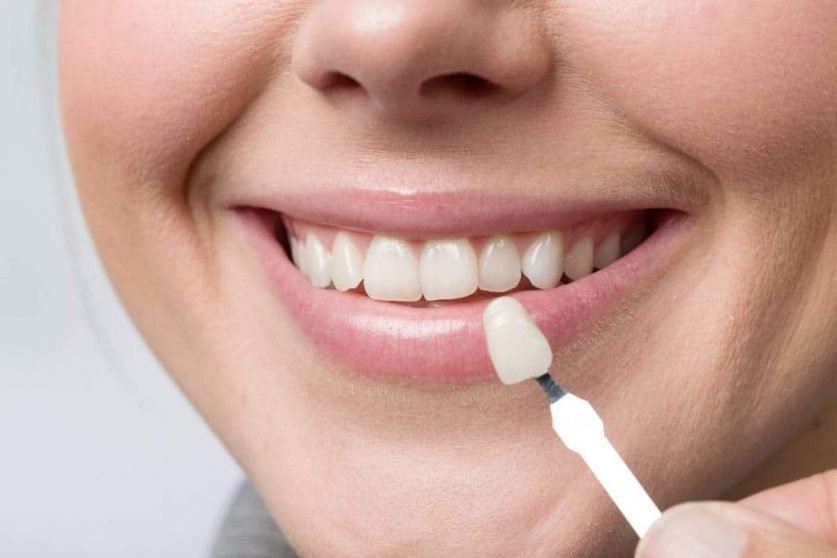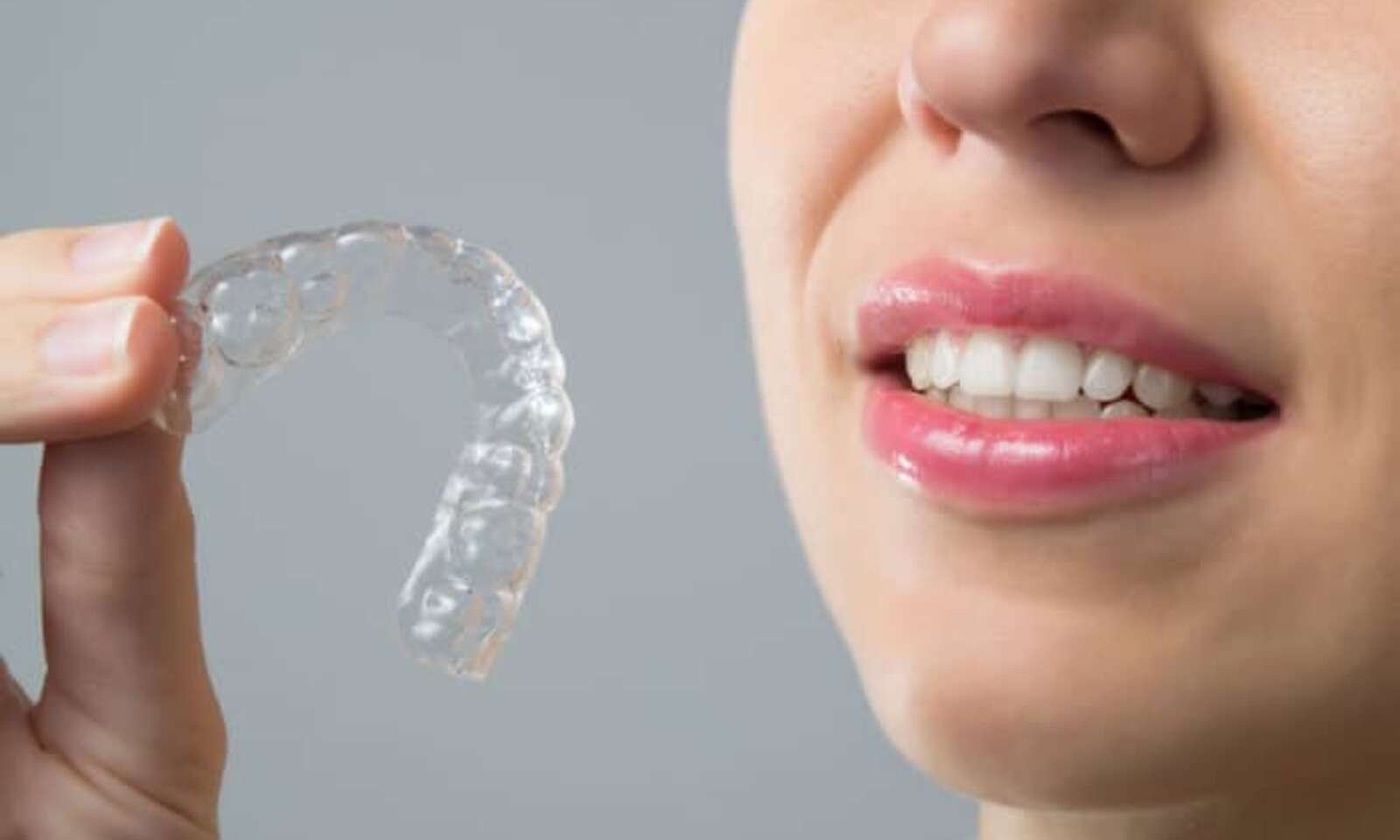What You Know About Dental Veneers, What Problems Do They Fix?
Dental veneers Houston are custom-made tooth color shells that experts design to cover the front surface of the teeth to improve your appearance. Dentists bond these shells to the teeth’ front surface, changing their shape, color, size, or length. They use porcelain or resin composite materials to make dental veneers.
According to cosmetic dentistry Houston tx, resin veneers are more stain-resistant than porcelain veneers. They also possess a better light-reflective quality than natural teeth. You and your dental specialist will need to discuss the appropriate veneer material for you. Dentists use veneers to fix.
- Discolored teeth because of root canal treatment, excessive fluoride, large resin fillings, and other causes
- Chipped or broken teeth
- Worn-down teeth
- Teeth that are misaligned, crooked, uneven, or irregularly shaped
- Teeth with huge spaces or gaps between them
Can you explain the dental veneer procedure?
Generally, getting dental veneers requires three trips to the dentist’s office. The first one is for the consultation, and the other two make and apply the veneers. According to chipped tooth repair Houston, one of many teeth can undergo veneering simultaneously.
Diagnosis and treatment plan
You will inform your dentist about the result that you want to achieve. During this session, your dentist will check your teeth to ensure that dental veneers are the right choice and describe the procedure and its limitations. They may take X-rays of your mouth and teeth and maybe make impressions of them.
Preparation of veneer treatment
To prepare the tooth for the veneer process, your dentist will reshape the tooth’s surface, whose amount is nearly equal to the4 thickness of a dental veneer, to add it to its surface. You and your emergency dentist Houston will decide whether to numb the area before removing the enamel. Your dentist will then create or develop a model of your tooth, sometimes known as an impression.
They will submit this model to a dental laboratory, where they’ll make your veneers. Usually, it takes two to four weeks for the veneers to come back from the laboratory. In the meantime, they’ll give you temporary veneers.
What are the risk factors involved in getting dental veneers?
According to a 24-hour dentist Houston, dental veneers do have some risk factors, such as
- Veneers cost more than composite resin bondings.
- you can not undo the process of dental veneers
- There is no repair for veneers if they crack or chip.
- After removing the enamel, your tooth or teeth may become more sensitive to hot and cold meals and drinks.
- Veneers can detach and fall off; however, this is unlikely. Do not bite your nails, chew on pencils, ice, or other hard items, or put too much pressure on your teeth to reduce the chances of this happening.
- Veneers may not match the color of your natural teeth perfectly. The color of the veneer cannot change once it is installed. If you want teeth whitening treatment before obtaining veneers, you should do it first.
Conclusion
We hope the above-given information helps you in learning more about dental veneers. The above article tells us some interesting and helpful factors about dental veneers and how they work. To know more details about dental veneers, please visit urbndental.com.











